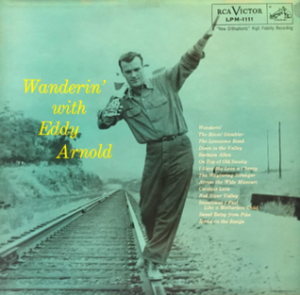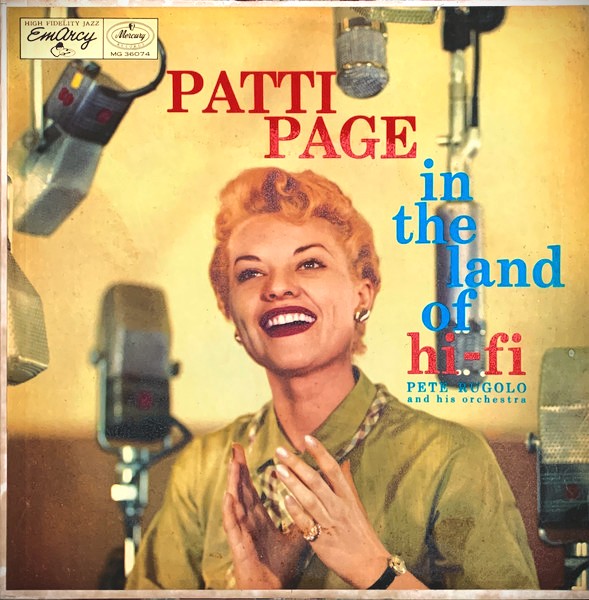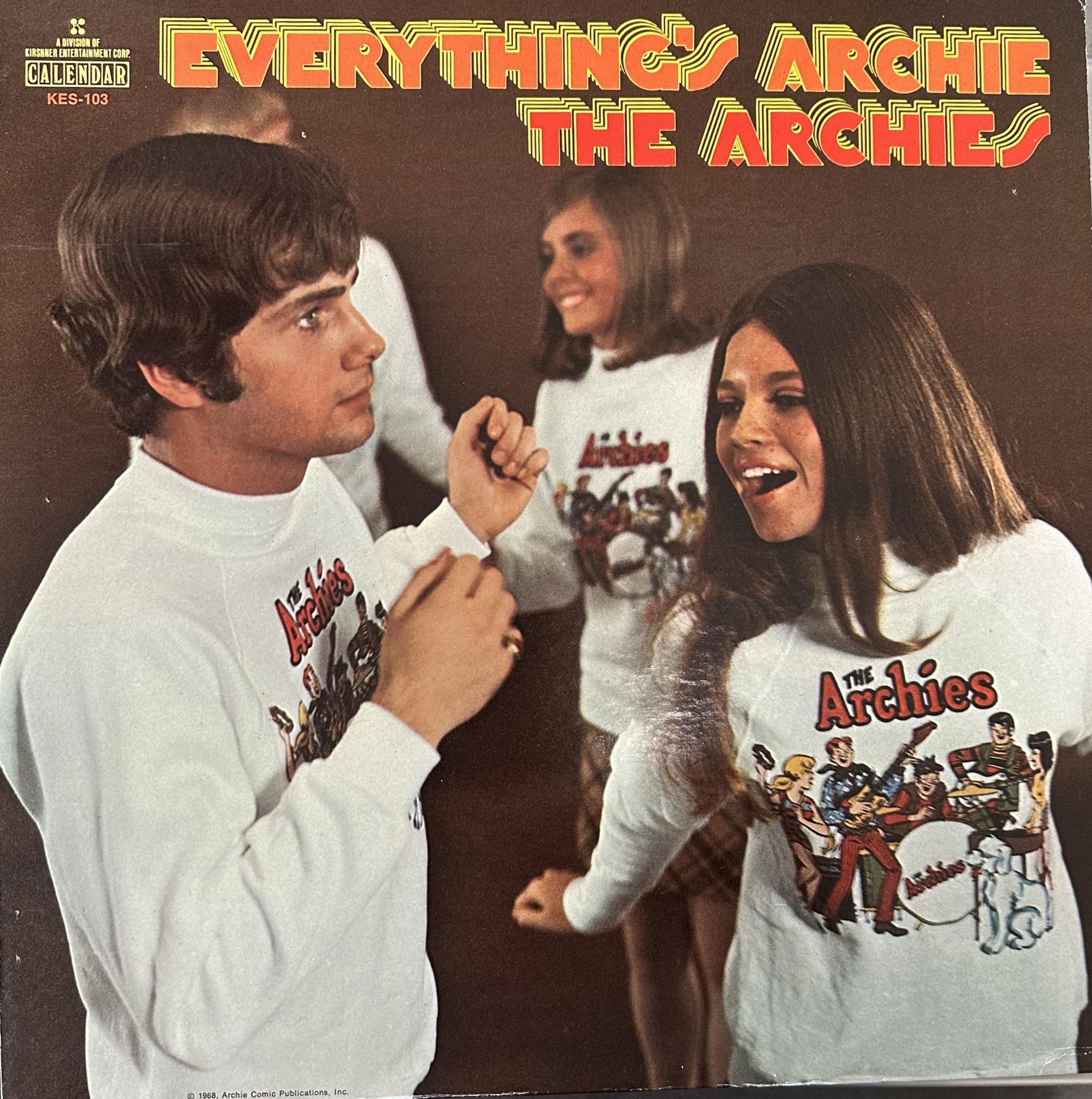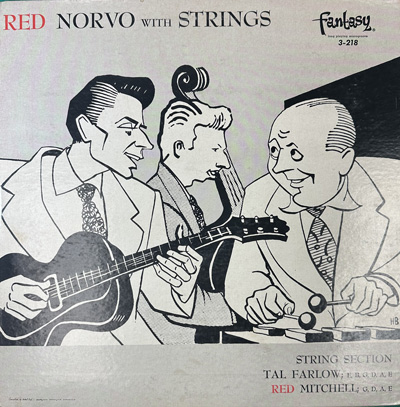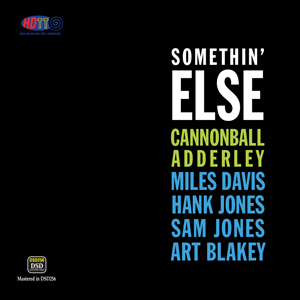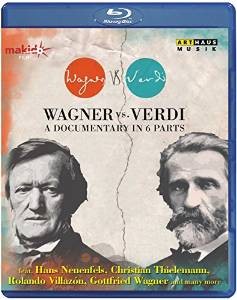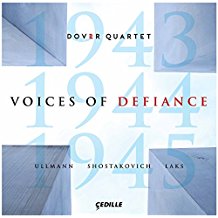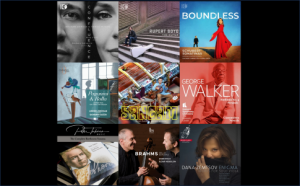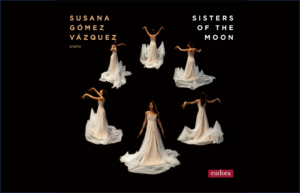I'm not sure how country music legend Eddy Arnold (1918 - 2008) would be accepted by today's music listeners. One thing that I can say with certainty is that most audiophiles are unfamiliar with his art. Arnold was the most successful country singer of his time, and yet for the latter part of his career (the 60s and 70s) he recorded adult pop records that bore little resemblance to country music. Dubbed the Tennessee Plowboy as a teenager, he would take on the personification of that title starting in 1944, thanks to his manager, the notorious Colonel Tom Parker. Parker also procured for the young singer a recording contract with RCA within that same year. Unlike his musical peers, who performed in garish costumes representing their personas, such as The Cherokee Cowboy (Ray Price), and The Singing Sheriff (Faron Young), Arnold's costume, consisting of a cheap white hat, a plaid shirt, and faded jeans, made him look more like an itinerant farm hand than a talented singer. In 1953 he got rid of Parker, and traded his faded duds for suits and ties.
Arnold recorded country music from the mid-40s through the early 60s. From 1963 on, his music was what the radio and record industry called adult contemporary music, and what I would call boring easy listening. Ray Price followed a similar path, but unlike Arnold, Price never completely abandoned his country roots. Arnold's version of country music was never edgy or depressing, but rather it was clean and gentle, as in safe for the entire family. To be more precise, his music, or rather his pre-1963 music, sounds today like a cross between Jim Reeves and Bing Crosby.
The record I chose to review is Arnold's Wanderin' (RCA LPM 1111). The catalog number and the baby blue tint of the jacket never fails to remind me of another great RCA LP. That other LP just happens to be Tchaikovsky's Violin Concerto with Jascha Heifetz, with Walter Susskind conducting the Philharmonia Orchestra (RCA LM1111). I wonder if anybody at RCA knew that these two wonderful albums featured nearly identical catalog numbers, similar baby blue jackets, and equally irresistible music? My guess is nobody outside of me has ever given it a thought.
I found this LP sometime in 2013, and I remember the first time I played it. It was in the morning after discovering it at an LP-packed garage sale. The vision of the late morning sun coming through the window near my turntable is as clear as yesterday. To say that the music sounds like the morning sunshine is a perfect description. The music is uplifting and easy to enjoy. Missing are the Ray Price/Willie Nelson-like heartaches and twangy steel guitars that I so often crave. In fact, it's not like anything I've ever heard from country music, RCA, or Eddy Arnold. It didn't take long for me to realize that it's not a country album at all, but rather a slice of Americana, more in line with Burl Ives and The Weavers than any of my twangy delights.
It's worth noting that despite the fact that Eddy Arnold's first RCA single debuted in 1944, this 1955 title was his first 12" LP. This album doesn't open with a high point, like, for example, Ray Price's Nightlife , but, like Nightlife, it opens with its title cut. I'm not in love with the song "Wanderin'," but I love the sound of Arnold's powerful voice. The word powerful isn't a word I'd normally associate with Arnold, but he was full of power on this album. Side one cut two is one of my favorite cuts, and one of my favorite traditional folk songs. It's called "The Roving Gambler." I learned it from Casey Anderson from his debut album, Casey Sings Out (Urania UR 9024). Anderson, like Tennessee Ernie Ford, sings the song with high octane energy, while Eddy Arnold's sublime version sounds more like your favorite bedtime story. The third cut on side one is just as good, if not better, and it's called "The Lonesome Road." I learned this song from Don Gibson's Living Stereo LP, Girls Guitars And Gibson (RCA LSP 2361). Although there are many excellent versions of this folk-flavored classic, nobody sings it with the near-operatic power of Eddy Arnold! The last song on side one is "I Gave My Love A Cherry", also known as "The Riddle Song." Notable versions include performances by Doc Watson and Joan Baez. Nobody seems to own this little "fruit" of a song, but hearing it is always a pleasure.
The best thing I can say about side two is that it includes "Red River Valley." Gene Autry's version is definitive, and Arnold's version is clearly a cover of it, but a very good one.
So, how does the old LP sound? Very good is my answer. I love the fact that there is almost zero use of reverb on this album, making Arnold sound very believable. The only reverb I hear is a teensy bit of tape slap, making his voice sound large, which is not a bad thing at all. The electric guitar leaps out into the room, and the appropriately small string ensemble sounds sublime.
While researching this title, I discovered that it sounds even better on YouTube. Unlike the hopelessly bad sounding examples of streaming that I heard at the recent high end audio show this last June (see my show report, Mr. Record Visits The Show 2023), the digitally mastered samples I heard on YouTube reveal that the digital transfers might actually be the best way to hear it. Of course, I'd need to hear a digital version through my audio system before I could give it my approval, but what I heard on my lowly laptop sounded mighty impressive.




